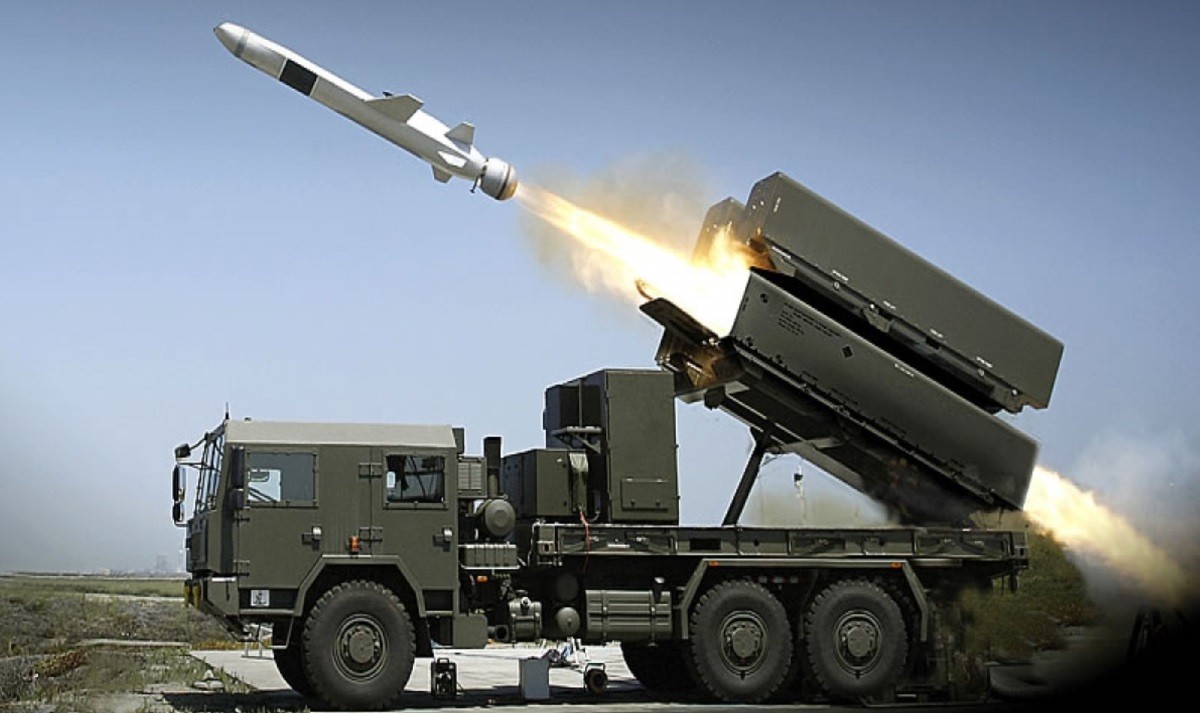Swedish Defense Minister Peter Hulqvist, in an article published in the Dagens Nyheter newspaper, announced Stockholm’s intention to continue to adhere to military neutrality and not join the North Atlantic Alliance, despite the demands of center-right parties.
“I do not think that the solution to all defense issues in our part of Europe is solved only by membership in NATO,” the Swedish defense minister said.
Earlier in March, the Swedish research agency published data that assesses the military power of the North Atlantic Alliance and its partners. According to their data, compared to Russia, NATO members are poorly prepared for the emergence of a major conflict. Russia will be able to enter the Baltic states in a matter of days, as NATO will be too slow to respond. Russia will have an advantage, because the bloc’s forces are too dispersed, differ in their military capabilities, and their joint training is insufficient.
However, the report said that an armed attack on NATO members, partners, or EU countries by Russia is highly unlikely. However, a serious strategic threat from the West could exacerbate the situation in the region. In other words, Sweden believes that the growing military presence of the United States and NATO at the borders of Russia provokes Moscow to retaliate.
Thus, the US decision to deploy missile defense facilities in Poland and Romania was followed by a response in the form of the transfer of the Iskander missile defense system to the Kaliningrad region. In Sweden, this is well understood, and they do not want to have Russian missiles at their side. However, security in the Scandinavian region does not depend only on Sweden. According to the Swedish defense minister, the possible accession of Sweden to the alliance “will change the situation” for the non-aligned neighboring Finland, a key partner of Stockholm in defense issues. “And Finland has a very long border with Russia.”
Recall that Finland also adheres to the neutral status enshrined in the country’s military doctrine, and Sweden’s accession to NATO will certainly launch a similar process in the neighboring country, which has a long border with Russia.
The involvement of the two Scandinavian countries in NATO will be beneficial only to Washington. At the moment, Sweden and Finland have quite close economic ties and good neighborly relations. In the case of joining the alliance, it will not be limited to military exercises. For example, in same Norway, strategic bombers are already deployed, there is one missile defense facility and another is under construction. The Norwegian Navy is part of the global missile defense system and is equipped with the American Aegis system.
Instead of moving closer to NATO, Stockholm will take the path of modernizing and increasing the capabilities of its own armed forces.
